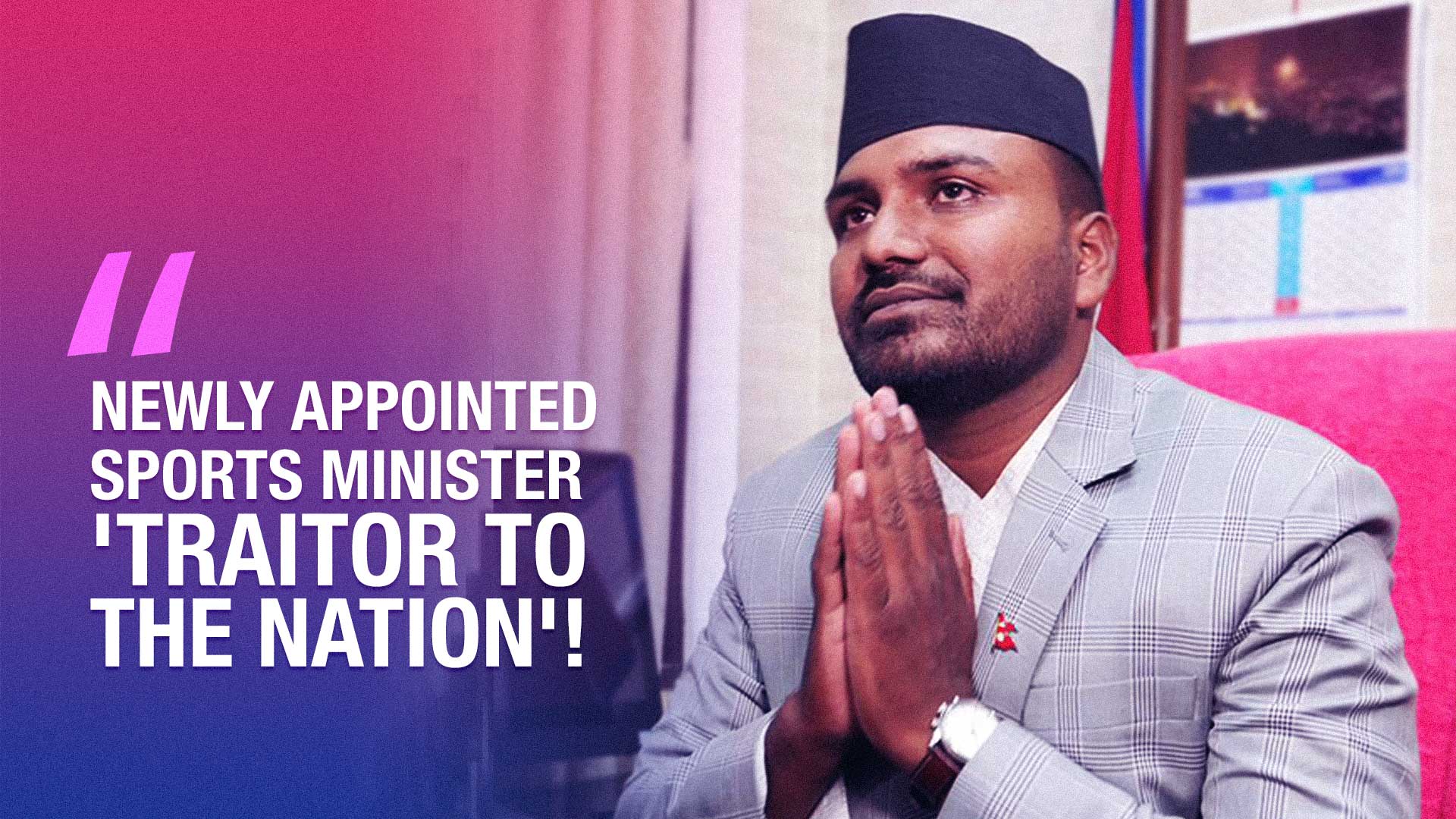From “Reject MCC” to Minister: Bablu Gupta’s Political U-Turn

Kathmandu — Bablu Gupta, the leader of the “100 Group” who once led fierce protests demanding the cancellation of the Millennium Challenge Corporation (MCC) agreement, has now joined the same cabinet implementing it — as Nepal’s newly appointed Minister for Youth and Sports.
Gupta had led several demonstrations shouting slogans such as “No MCC, don’t sell the nation!”, “MCC is a betrayal!”, “Down with American imperialism!”, and “Go back Fatima, we’ll shoot in the chest!” His movement became one of the most vocal campaigns against U.S. involvement in Nepal’s development projects.
Ironically, Gupta now sits in the same Council of Ministers as Kulman Ghising — the chief architect of major energy projects funded under the MCC compact. Ghising has been pushing ahead with the transmission line and electricity reform projects backed by the U.S. grant.
The MCC agreement, prepared with support from the United States, has already been ratified by Nepal’s Parliament as being in the country’s national interest.
Political observers describe Gupta’s transformation as “a classic case of protest turning into power.” Social media has erupted with mixed reactions — some mocking the “betrayal of ideology,” while others defending it as a sign of political maturity and pragmatism.
In Nepal’s ever-shifting political landscape, Gupta’s story adds yet another reminder of how swiftly opposition slogans can turn into seats of power.
The question remains: Was the protest really for the nation — or for the next position?





![From Kathmandu to the World: How Excel Students Are Winning Big [Admission Open]](https://nepalaaja.com/index.php/img/70194/medium/excel-college-info-eng-nep-2342.jpg)


